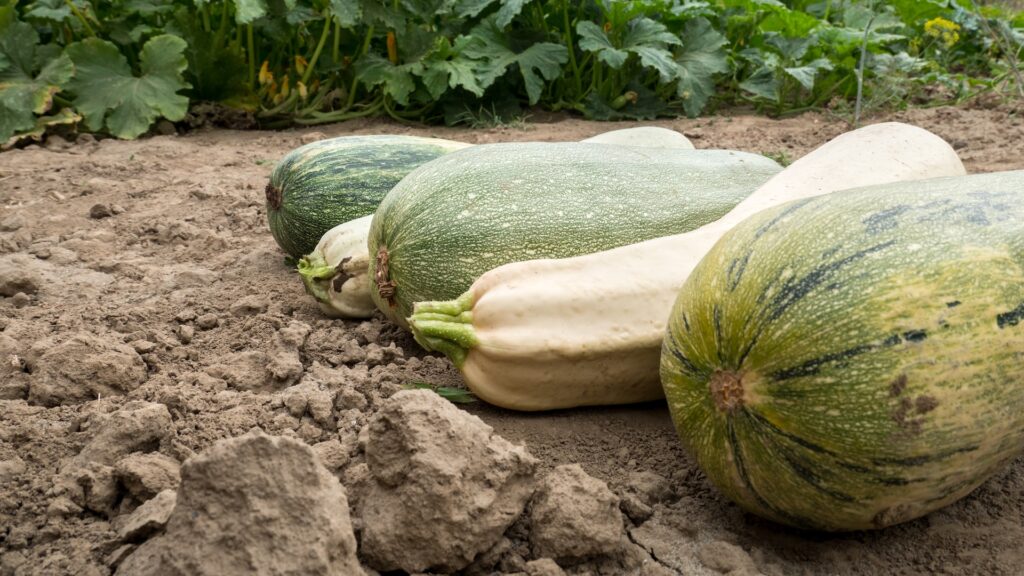Introduction:
Are you interested in growing your own food while enjoying the benefits of fresh and organic vegetables? Starting your own vegetable garden is a rewarding and fulfilling experience that allows you to have control over what you consume. In this beginner’s guide, we will provide you with all the essential tips, tricks, and insights to help you kickstart your very own vegetable garden.
1. Choosing the Perfect Location:
The first step in starting your vegetable garden is selecting the ideal location. Find a spot in your backyard or front yard that receives ample sunlight, as most vegetables require at least six hours of direct sunlight daily. Consider factors like the proximity to water sources, accessibility, and protection from harsh winds.
2. Soil Preparation and Improving Fertility:
Healthy soil is the foundation for a thriving vegetable garden. Test your soil’s pH levels and make necessary amendments to ensure optimal fertility. Incorporating organic matter such as compost, aged manure, or peat moss can improve soil structure, water retention, and nutrient availability.
3. Selecting the Right Vegetables:
Research and choose vegetables that are well-suited for your climate and available space. Consider your family’s preferences, the amount of time you can commit to gardening, and the complexity of growing each vegetable. Popular and beginner-friendly vegetable options include tomatoes, cucumbers, peppers, lettuce, and carrots.
4. Planting and Caring for Your Vegetables:
Learn about the different planting techniques and proper spacing required for each vegetable type. Proper watering, regular weeding, and managing pests and diseases are crucial to ensure healthy plant growth. Explore organic pest control methods like companion planting, biological control, and natural deterrents to protect your crops.
5. Harvesting and Enjoying Your Bounty:
Witness the fruits of your labor by harvesting and enjoying fresh, homegrown vegetables. Harvesting techniques vary for different vegetables, and it is important to harvest at the right time to ensure optimal taste and quality. Experiment with various culinary recipes and savor the incredible flavors of your homegrown produce.
Benefits of Growing Your Own Food:
– Access to fresh and nutritious produce
– Cost savings on grocery bills
– Control over pesticides and chemicals used
– Increased physical activity and stress relief
– Education and connection to nature for children
Conclusion:
Starting your own vegetable garden is a fulfilling journey that allows you to experience the joy of growing your own food. Implementing the tips and tricks provided in this beginner’s guide will enable you to establish a successful and productive vegetable garden. So grab your gardening tools, get your hands dirty, and enjoy the incredible satisfaction of harvesting and savoring your very own homegrown vegetables. Happy gardening!

